Climate and Ag in the news
-

A new study by Emory University scientists shows that by 2100, the Corn Belt may be unsuitable for cultivating corn without significant technological advances. Environmental Research Letters published the research, which adds to the evidence that significant agricultural adaptation will be necessary and inevitable in the Central and Eastern United States. It was already known…
-

You may have heard the phrases “global warming” and “climate change” interchangeably when talking about the earth’s recent warming due to the effects of increasing greenhouse gases. But they are really distinct ideas. This article from Ecocentricity describes the history of the two concepts and how they differ. The bottom line: “Global warming is a…
-
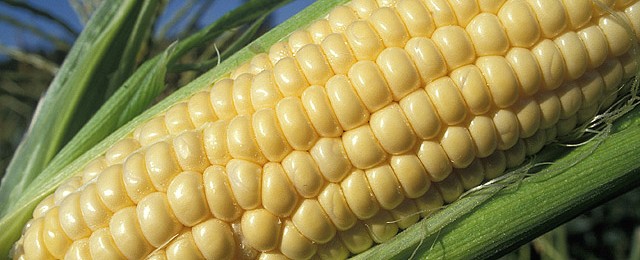
As we roll into Memorial Day weekend, sweet corn farmers are usually seeing a high demand for their delicious crops as people fire up their grills and prepare for picnics and holiday gatherings. However, this year the demand from northern parts of the US has been lower than usual due to lingering cold conditions that…
-
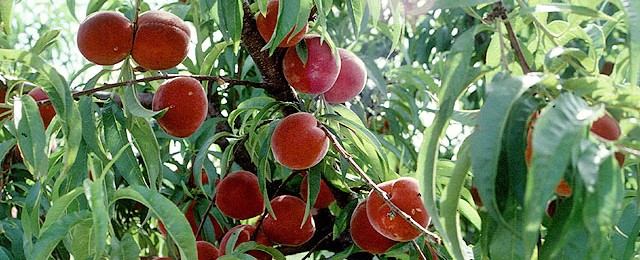
If you like peaches, you will be glad to know that the peaches are starting to be harvested in Georgia now. The harvest should last for the next couple of months because different varieties ripen at different times. The crop was reduced somewhat by the freeze in March, and that especially affected the earlier varieties,…
-
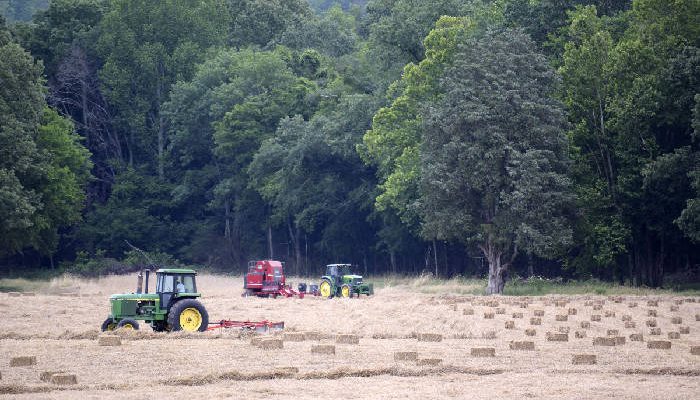
When I talk about droughts, I use the term “flash drought” to describe a drought that develops and gets worse very quickly. Most of the time, they are related to high temperatures and a completely or mostly dry period with almost no rain, and generally are most likely to be noticed in the growing season…
-
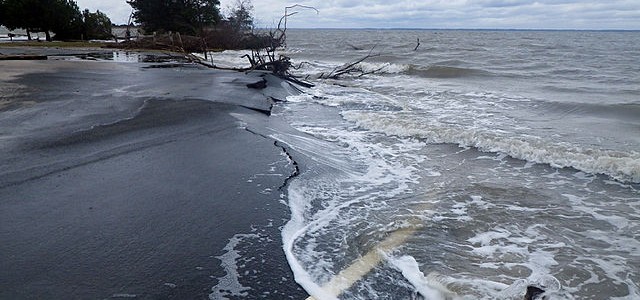
Here are a couple of recent stories related to how rising sea level is affecting coastal communities, especially during storm surge events. Did you see the recent video showing the collapse of a building into the Atlantic during a recent nor’easter event? Jerry Markovich wrote an interesting story telling the history of that house (which…
-
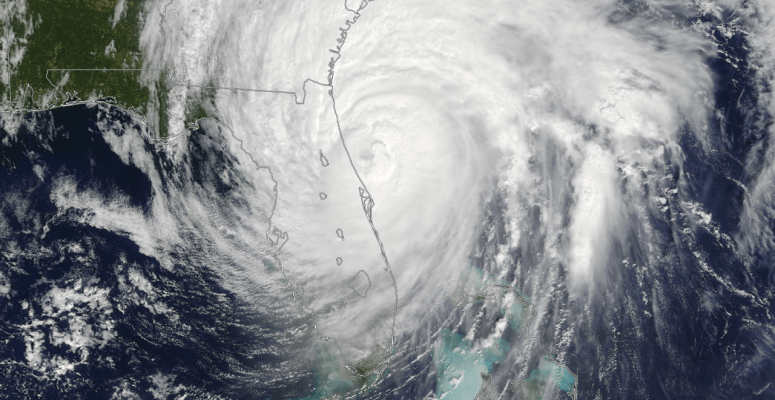
A new study conducted by The National Oceanic and Atmospheric Administration (NOAA) study has found that cleaner air is leading to more hurricanes, according to a study published in the journal Science Advances on Wednesday. The research indicates that a 50 percent decrease in pollution in Europe and the U.S. correlates to a 33 percent increase in Atlantic storm formation over the…